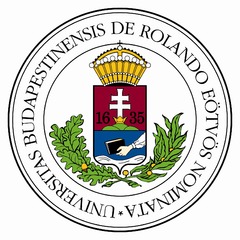vary
variar
variere
varier
variar
варирати
variieren
varia
variare
varye
variál
варира
varja
varierar
OCP13
Budapest, 13–16 January 2016
variation in phonology
Phonological variation is non-identical phonological behaviour under identical conditions. It occurs when one and the same grammatical/semantic function has more than one exponent, and the choice between them is conditioned by dialectal/idiolectal factors (such as region, style, social status, etc.) and not by the morpho-phonological or syntactic environment. This type of variation manifests itself in the “vacillation” of forms in one and the same cell of the same paradigm (eg English learn+past: learned/learnt; Hungarian fürd- ‘bathe’+inf: fyrød-ni/fyrd-ɛni). Phonological variation of the “lexical” type occurs when the comparable phonological properties of forms in same (functionally/grammatically/morphosyntactically identified) cell of the paradigms of different lexical items are different although the relevant phonological/syntactic conditioning factors are the same (eg English keep/seep+past: kept/seeped; Hungarian ‘news’/‘grave’+INE: hiːr-bɛn/ʃiːr-bɑn). The two types of variation often occur together, eg Hungarian verb stems derived from the nouns ‘maths’, ‘concert’, ‘scooter’: mɑtɛk-oz-(ik)/*mɑtɛk-ɛz-(ik), *konʦɛrt-oz-(ik)/konʦɛrt-ɛz-(ik), rolːɛr-oz-(ik)/rolːɛr-ɛz-(ik).
We invite papers on theories or analyses of the above or any other aspect of variation in phonology.


